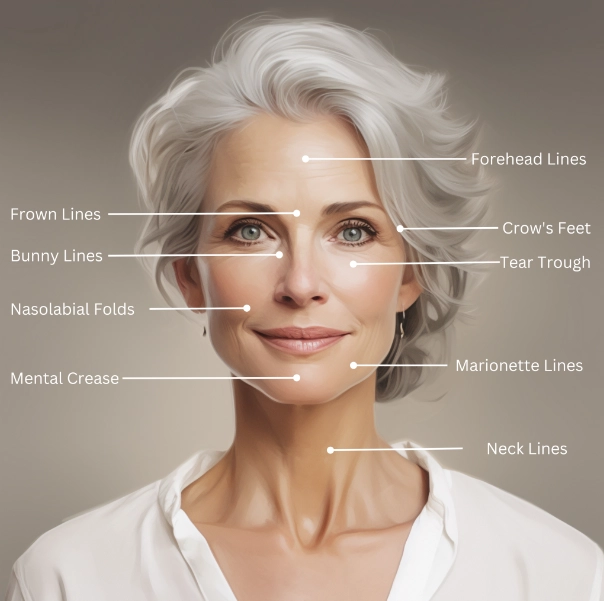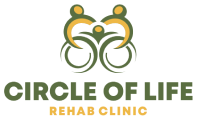Key Cautions and Contraindications for Facial Cosmetic Dry Needling

Pregnancy
FCDN is not recommended during pregnancy. It’s important to prioritise the health of both the mother and the child, and all efforts should be focused on maintaining a safe, healthy pregnancy.
Vertigo and Dizziness
FCDN is not ideal for clients experiencing vertigo or dizziness unless a proper diagnosis has been made. Increasing blood flow to the head may exacerbate these conditions, so caution should be taken when deciding to proceed with treatment.
Severe High Blood Pressure
FCDN is generally not recommended for clients with severe high blood pressure, as it may worsen the condition. It’s crucial to ensure the client’s health is stable before proceeding with any treatment.
Severe Migraines or Headaches
While FCDN may benefit some clients suffering from headaches, it is contraindicated for those with severe migraines or unmanageable headaches. Treatment should be tailored to the individual, and a proper diagnosis is essential.
Open Sores or Areas of Inflammation
FCDN should not be performed on areas with active sores, acne, or inflammation, including herpes outbreaks. Skin integrity is critical for the treatment’s effectiveness and safety.
Suspicious Moles, Freckles, or Changing Spots
If you have moles or skin spots that have recently changed shape or color, these should be examined by a medical practitioner before receiving FCDN treatment. It’s vital to rule out any serious conditions such as skin cancer.
Haemophilia
Clients with haemophilia should avoid FCDN due to the risk of excessive bruising. Bleeding and bruising can pose serious risks for those with clotting disorders.
Clients Who Bruise Easily
While not a contraindication, clients who bruise easily should be cautious. The face contains numerous blood vessels, and even experienced practitioners may occasionally cause bruising, particularly around the eyes, which can result in black eyes. Clients should be aware of this risk.


Inflammation from Recent Cosmetic Procedures
Clients who have recently undergone dermal abrasion or similar cosmetic treatments must wait until their skin is fully healed before FCDN treatment. Performing FCDN on inflamed skin can interfere with the healing process.
Pacemakers
FCDN is not recommended for clients with pacemakers, as the needling process could interfere with the device’s functioning.
Severe Qi Deficiency
FCDN may not be suitable for clients with severe Qi deficiency, particularly those diagnosed with chronic fatigue or autoimmune diseases. The treatment is dispersing in nature and may leave clients feeling drained or fatigued after the session.
Blood-Thinning Medications (e.g., Warfarin)
Clients taking warfarin or other strong blood-thinning medications are at higher risk of bruising. FCDN should be avoided due to this increased risk.
Keloid Scars
FCDN should not be performed on keloid scars, as these scars continue to grow over time and may not respond well to treatment.
